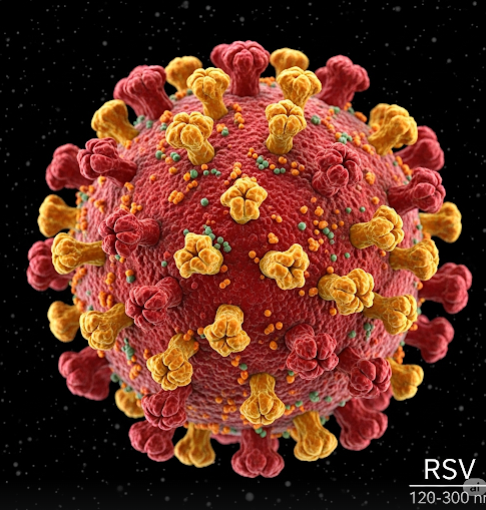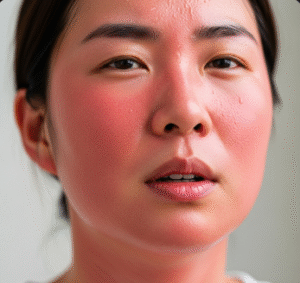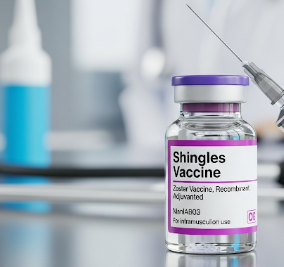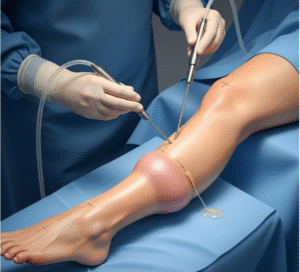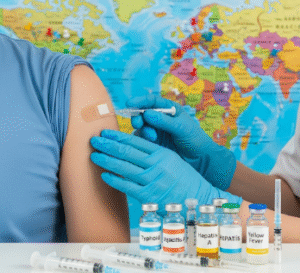Overview
Respiratory syncytial virus (RSV) infection is a common viral respiratory illness that primarily affects infants, young children, and older adults. It is a leading cause of bronchiolitis and pneumonia in young children worldwide. RSV infections typically occur in seasonal outbreaks and can range from mild cold-like symptoms to severe respiratory distress.
What is RSV Infection?
RSV is a highly contagious virus that infects the respiratory tract, causing inflammation and obstruction of the small airways (bronchioles). The infection can lead to coughing, wheezing, and difficulty breathing, particularly in infants and those with weakened immune systems. RSV is the most common cause of hospitalization for respiratory illness in infants.
Symptoms
Symptoms usually appear 4-6 days after exposure and may include:
- Runny nose and nasal congestion
- Coughing and wheezing
- Fever
- Rapid or difficult breathing
- Decreased appetite and irritability in infants
- Bluish color of lips or fingernails in severe cases
Causes
RSV spreads through respiratory droplets from coughing or sneezing and by touching contaminated surfaces. It is highly contagious and can spread easily in households, daycare centers, and hospitals.
Risk Factors
Risk factors for severe RSV infection include:
- Infants under 6 months old
- Premature birth
- Chronic lung or heart disease
- Weakened immune system
- Older adults, especially those with chronic medical conditions
- Exposure to tobacco smoke
Complications
Severe complications may include:
- Bronchiolitis (inflammation of the small airways)
- Pneumonia
- Respiratory failure requiring mechanical ventilation
- Apnea (pauses in breathing) in infants
- Recurrent wheezing or asthma-like symptoms later in childhood
Prevention
Preventive measures include:
- Good hand hygiene and respiratory etiquette
- Avoiding close contact with sick individuals
- Cleaning and disinfecting surfaces regularly
- Limiting exposure of high-risk infants to crowds during RSV season
- Administration of palivizumab (a monoclonal antibody) for high-risk infants as a preventive treatment
Treatment Options in Korea
South Korea offers advanced pediatric and respiratory care for managing RSV infections, emphasizing supportive treatment and prevention of complications.
1. Supportive Care – Oxygen therapy, hydration, and monitoring respiratory status are essential.
2. Hospitalization – Required for infants and adults with severe symptoms or breathing difficulties.
3. Mechanical Ventilation – Available in intensive care units for respiratory failure cases.
4. Use of Bronchodilators and Steroids – May be considered in certain patients under medical supervision.
5. Preventive Treatment – Palivizumab injections provided to eligible high-risk infants to prevent severe RSV infection.
6. Korean Pediatric and Respiratory Centers for RSV Care
- Seoul National University Children’s Hospital
- Asan Medical Center – Pediatric and Respiratory Medicine
- Samsung Medical Center – Pediatric Infectious Disease Unit
- Severance Hospital – Respiratory Care Unit

